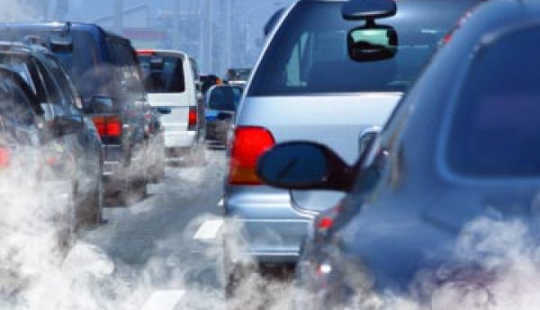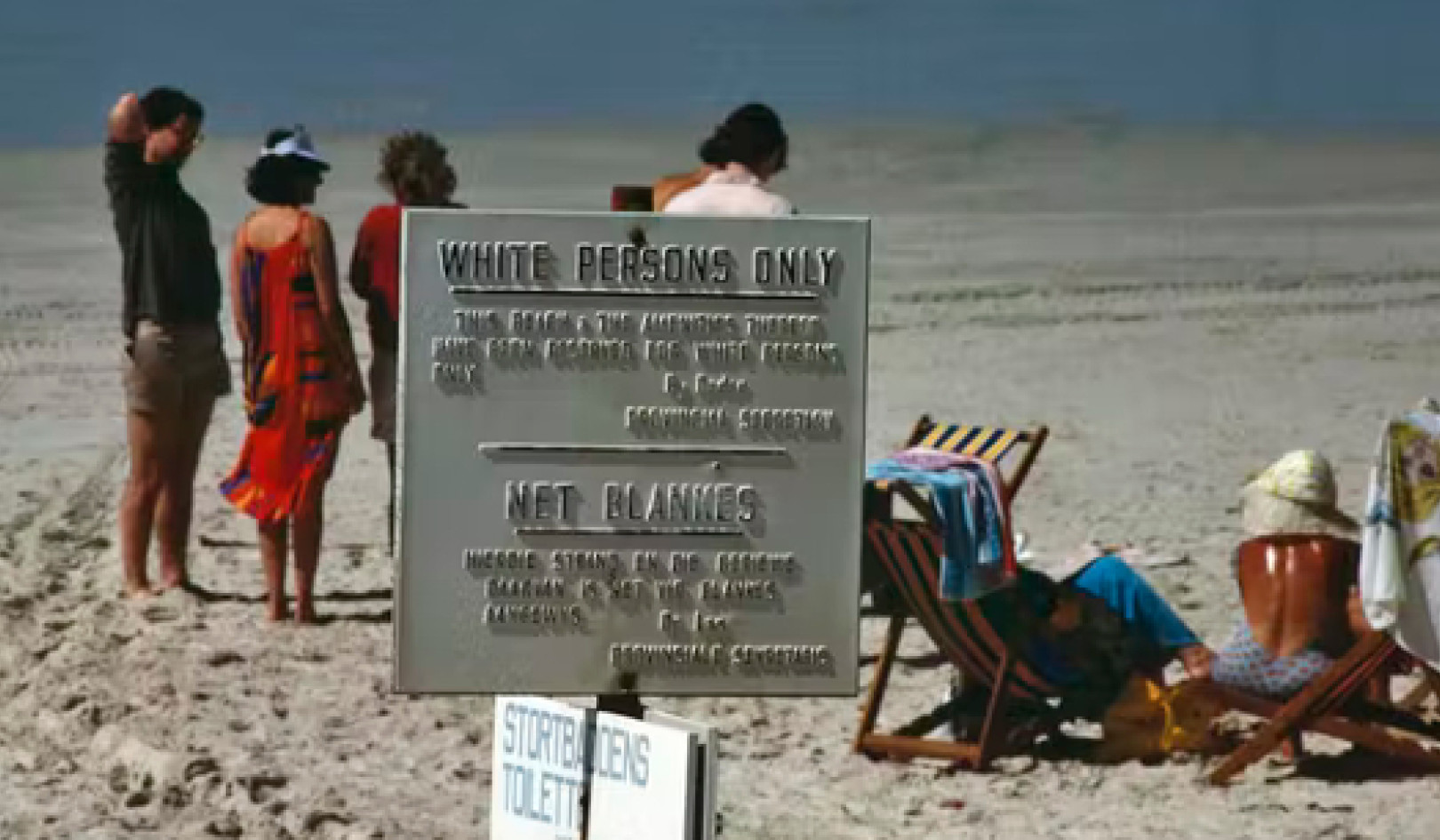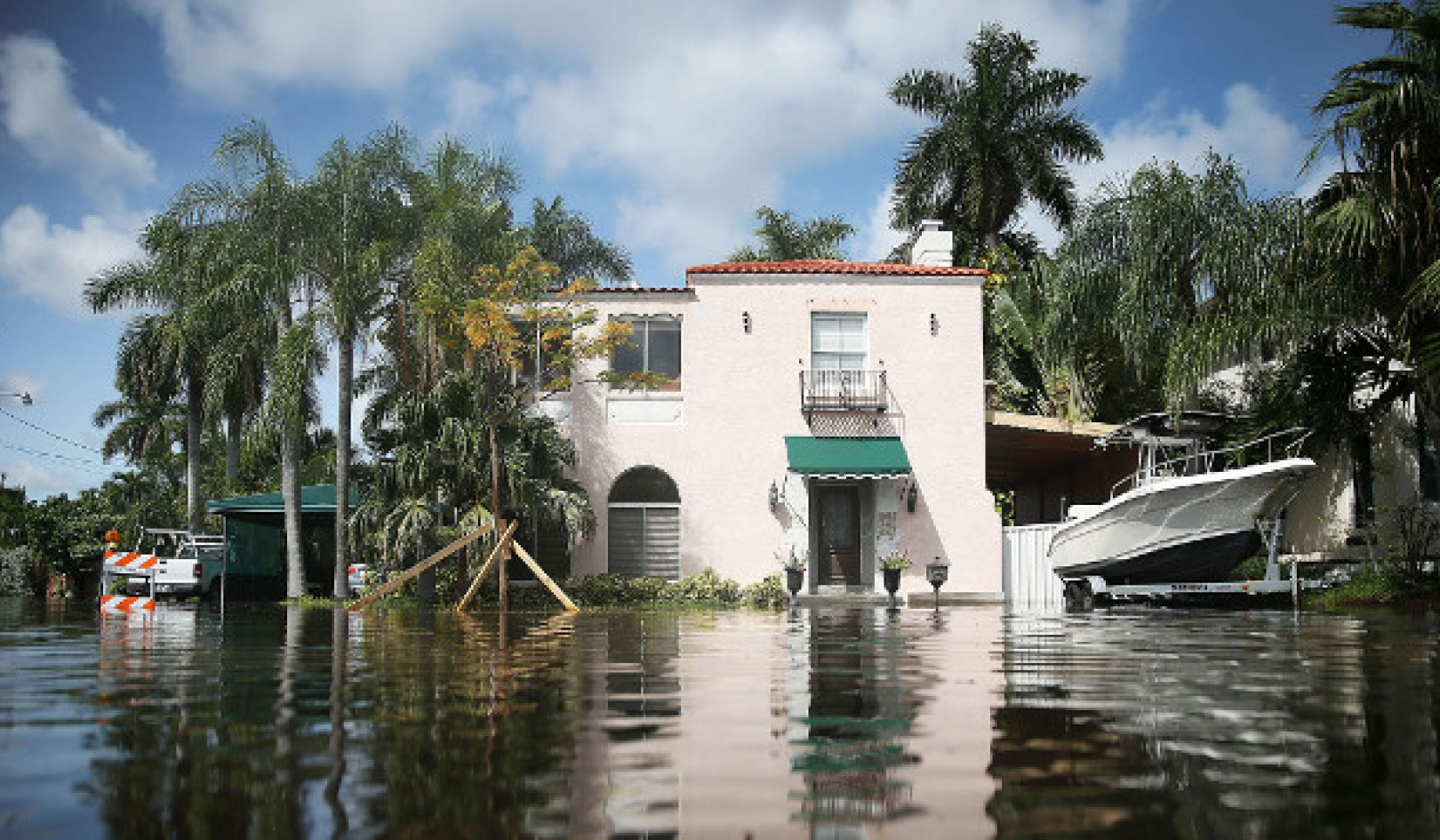
The Volkswagen emissions investigation looks set to be of one of the biggest corporate scandals in recent history – and we’ve seen quite a few.
While most of the focus will be on VW in the coming days and weeks, the real scandal lies elsewhere: with European governments and regulators who turned a blind eye to rule-bending. In some cases they’ve actually helped carmakers avoid environmental restrictions.
Documents leaked to the Guardian reveal just four months ago the UK, France and Germany all lobbied to maintain loopholes from outdated car emissions tests.
Such behaviour isn’t unusual. For decades European car industry regulation has been weak and inconsistent, while car traffic and the resulting air pollution levels have been allowed to increase manifold.
The UK’s Air Pollution Is Getting Worse
The UK government quietly launched its consultation on air quality earlier this month. This was in response to a supreme court ruling stating the government must take immediate action to cut nitrogen dioxide pollution, which has reached dangerous levels in many of the UK’s big cities.
The only national measure in the proposed plans are for clean air zones, similar to the one already run in London, but responsibility for their implementation has been passed onto local authorities for which no additional money is available.
The document notes that approximately 80% of the NOx (nitrogen dioxide and nitric oxide) emissions are due to transport, with the largest source being diesel vehicles. Air pollution has been linked to coronary artery disease, heart attacks and strokes.
In the consultation it is estimated that the impact of nitrogen dioxide on mortality is equivalent to 23,500 deaths every year in the UK. This figure has been taken, along with earlier estimates of mortality due to particulate matter (29,000), to give 52,500 premature deaths each year due to air pollution.
We can’t simply add up the mortality statistics from the two pollutants due to double counting, but this huge number should nevertheless be taken very seriously. In fact, it should be treated as a national emergency.
An EU-wide Problem
Despite tightened emission standards for diesel vehicles, air pollution measurements in the UK have failed to show improvements. As such the gap between on-road and test measurements of emissions is not itself new. A number of studies have indicated that new diesel vehicles breach EU standards when tested under real world conditions.
The recent report from campaign group Transport & Environment found that nine out of every ten new diesel vehicles broke EU limits. On average real world NOx emissions were about seven times higher than permitted levels. Cars from all the major motor manufacturers were in breach of the limits with the worst car producing 22 times than that permitted.
It is evident that the current practice of allowing motor manufacturers to select the bodies to test and check their compliance with emission limits is not fit for purpose and an independent testing authority should be established.
Yet for many years the European car industry has lobbied against tighter environmental regulation, despite the mounting evidence of car transports’ rising negative impact on the climate (carbon emissions) and urban air pollution (NOx emissions).
In the UK, for example, successive governments have been very eager to support car manufacturers with operations in the country. Just earlier this year the industry celebrated record sales of cars and vans in the UK.
Yet the dark shadows of this one-sided policy now become visible. While the overwhelming focus of the UK’s transport strategy has been on expanding individual car journeys, public transport has become more expensive and worse in terms of quality and reach.
Hopefully something good will come out of the VW scandal. Perhaps the UK and European public will become more aware of the threats of air pollution, not only by diesel engines, but by all car traffic. We need a sustainable transport strategy and have a real go at tackling air pollution in our biggest cities. With urban centres getting ever bigger and car ownership steadily rising, the problem is not going to go away.
About The Author s
s
Steffen Böhm, Professor in Management and Sustainability, and Director, Essex Sustainability Institute, University of Esse. His research focuses on political economies and ecologies of organization, management and the environment. He has a particular research interest in the role of business in society as well as grassroots organization models for sustainability.
Ian Colbeck, Professor of Environmental Science, University of Essex. He has amassed over 25 years of considerable research achievements and experience over a wide gamut of research interests but predominantly in the field of environmental science.
This article was originally published on The Conversation. Read the original article.
Related Book:
at

Thanks for visiting InnerSelf.com, where there are 20,000+ life-altering articles promoting "New Attitudes and New Possibilities." All articles are translated into 30+ languages. Subscribe to InnerSelf Magazine, published weekly, and Marie T Russell's Daily Inspiration. InnerSelf Magazine has been published since 1985.

Thanks for visiting InnerSelf.com, where there are 20,000+ life-altering articles promoting "New Attitudes and New Possibilities." All articles are translated into 30+ languages. Subscribe to InnerSelf Magazine, published weekly, and Marie T Russell's Daily Inspiration. InnerSelf Magazine has been published since 1985.






















